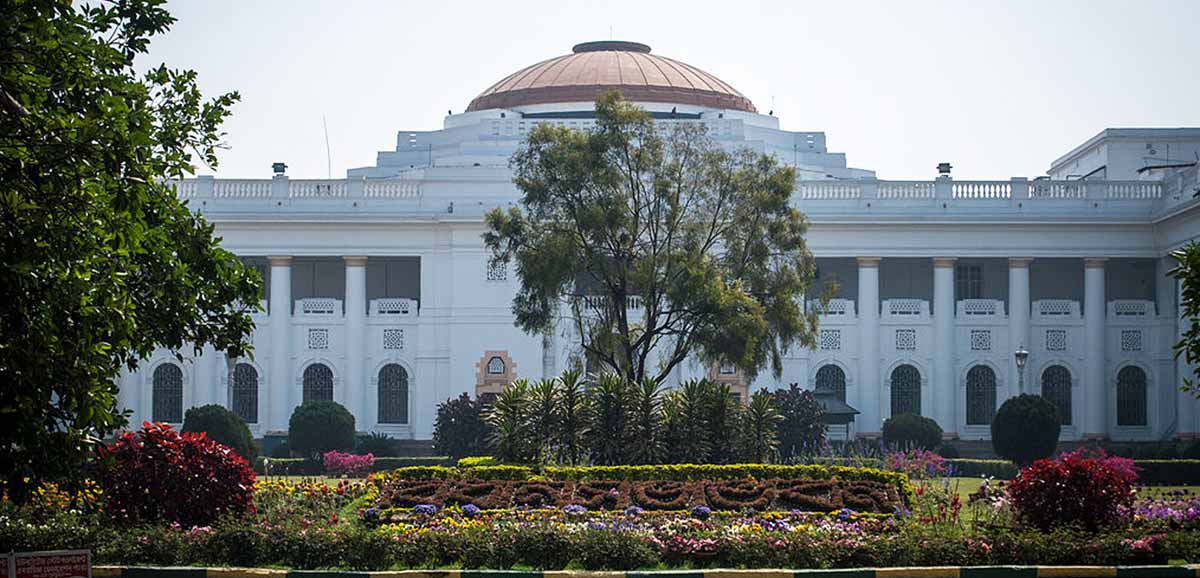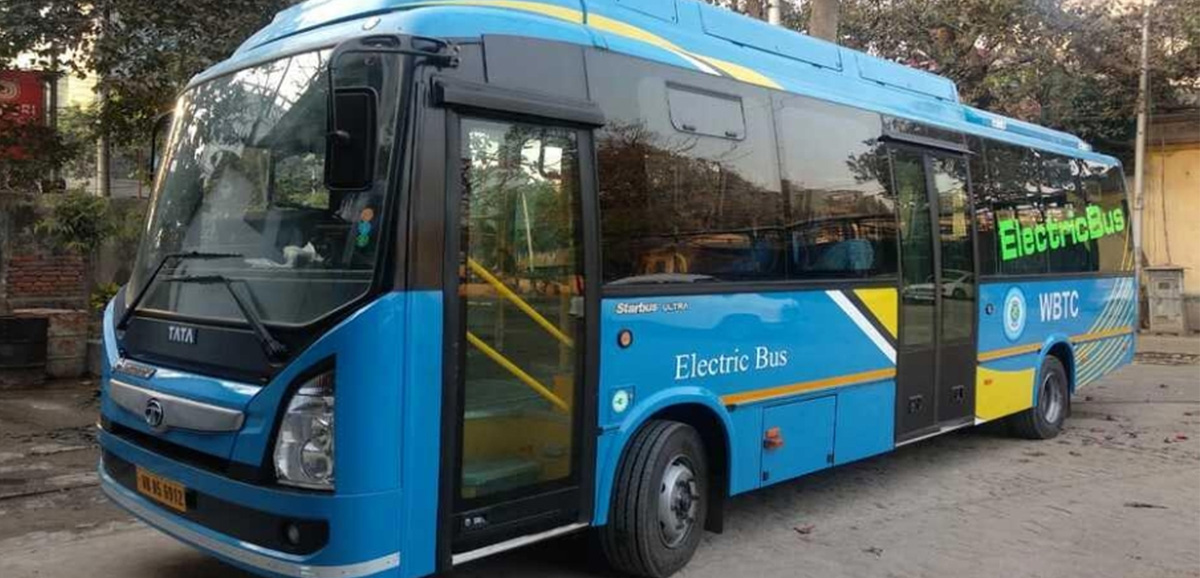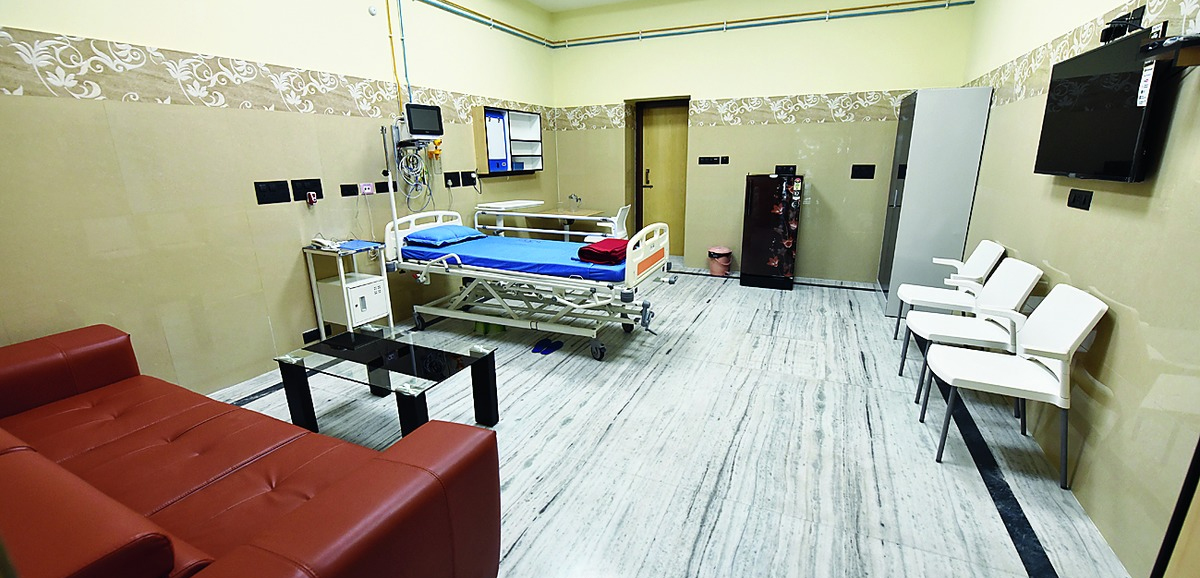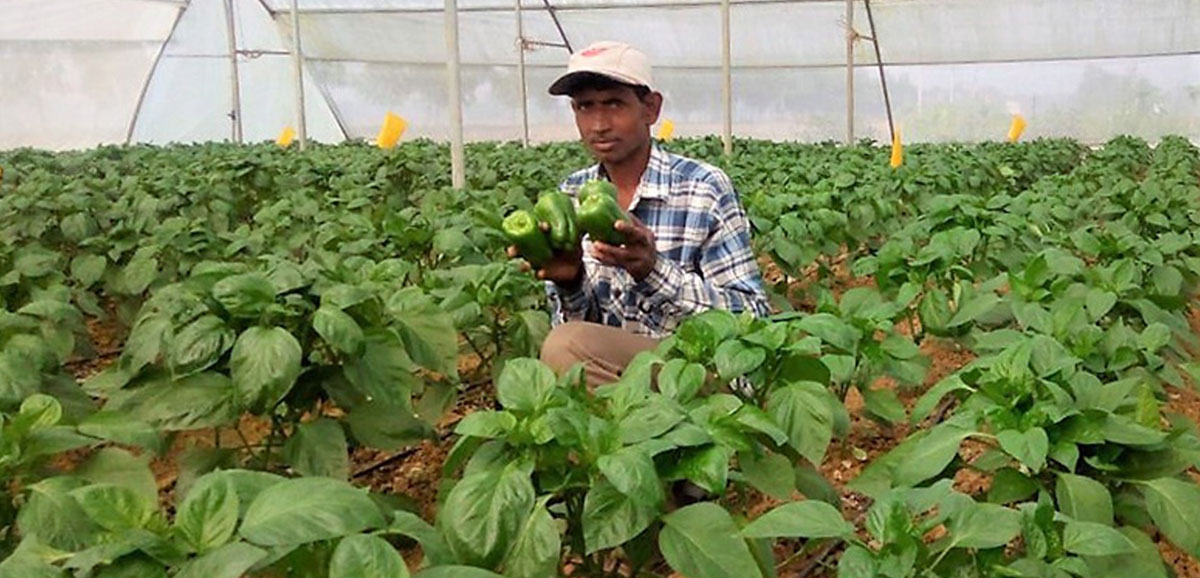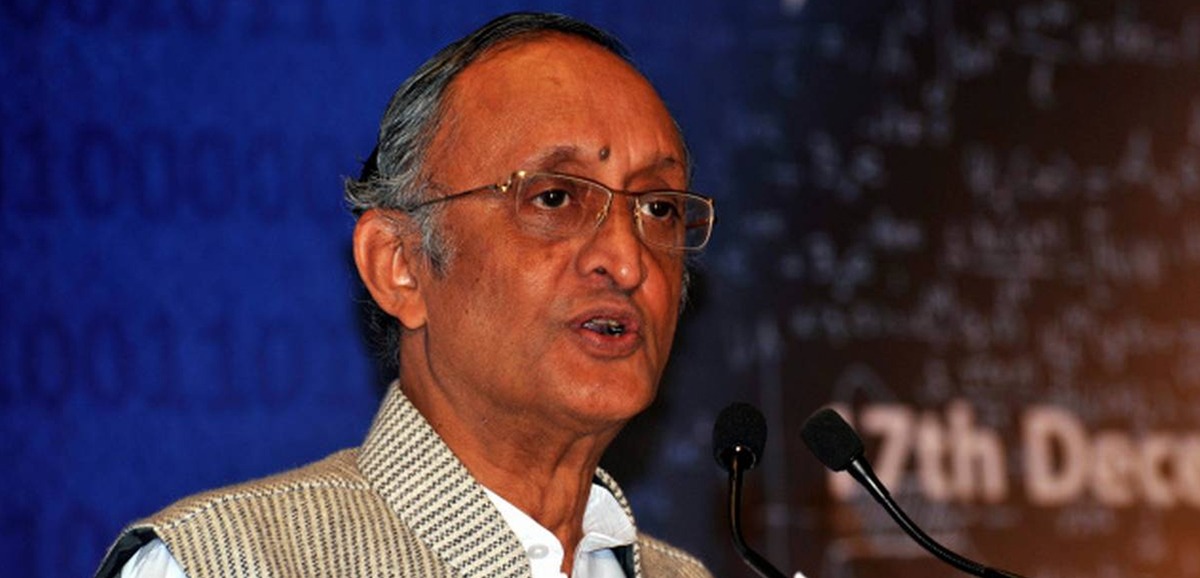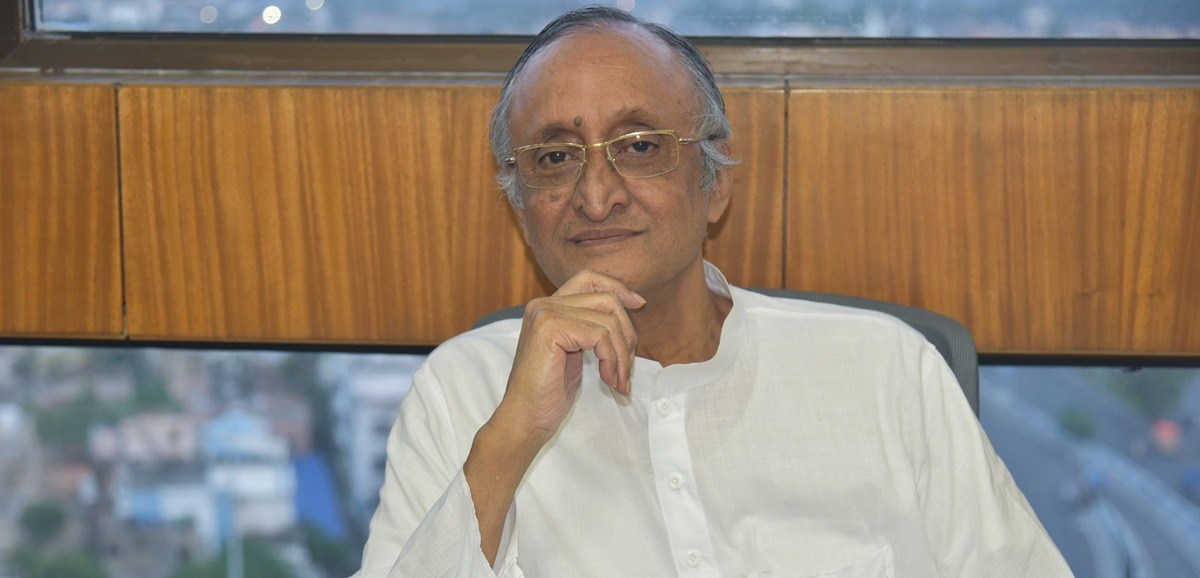The State Labour Department has recently started two web portals for delivering multidimensional services to unemployed youth. The portals are called Aakarshan [link http://elearning.wblabour.gov.in/] and Prashikshan Shibir. [link http://wbdomestichelp.wblabour.gov.in/] They were inaugurated by the Labour Minister.
Aakarshan, the first-of-its-kind initiative by the department, provides a single platform to the job-seekers of the State who have enrolled themselves in the employment exchanges (who become automatically enrolled in the online State Employment Bank).
It comprises of all the facilities required by aspirants for getting quality employment through competitive examinations or self-employment – online psychometric tests, one-to-one and group career counselling sessions, link to the Android-based spoken English self-learning app called English Bolo, live-streamed special coaching classes, online mock tests and question banks on various subjects with more than 50,000 questions in total.
The portal also provides a last-mile employability module that encompasses CV writing, interpersonal skills, presentation skills and basics of entrepreneurship.
The minister said after the inauguration that at present, the facilities of the portal, being provided free of cost, will be available to the job-seekers enrolled in six employment exchanges – Siliguri, Malda, Kalyani, Kolkata, Asansol and Bankura. The facilities would be gradually extended to all the 71 employment exchanges in Bangla.
There are more than 23 lakh people enrolled in the employment bank that was started in 2013. About 1.62 lakh people have already been trained.
The second portal that was launched by the minister, Prashikshan Shibir, is meant for training domestic workers. The training for such workers, though, is being organised since 2012 and already 42,000 have been trained.
Now the training would entail Rs 250 per day as stipend – for a 10-day training comprising of five hours per day. The workshops would impart hands-on training on operating household electronic gadgets, cooking and hospitality, first aid, safety and security, health and hygiene, etc., said the minister.
Through this website, candidates would be able to enrol themselves for such types of work online as well as know about and apply for training workshops across the State. A mobile app would also be launched soon for connecting domestic workers with employers.
The Labour Department has also set a target of training one lakh unemployed youths in driving in 18 districts.

